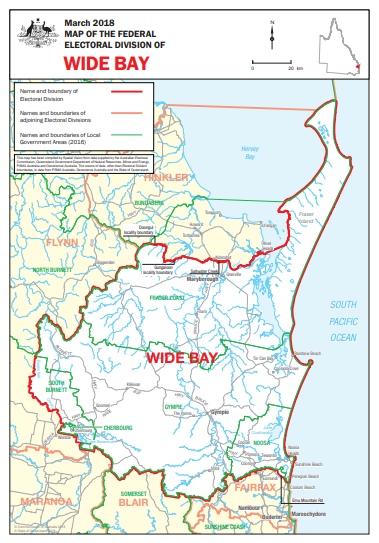|
|
|
|
| Adam Carr's Election Archive
|
Australian federal election, 2022
Division of Wide Bay, Queensland
Named for: Wide Bay district (after the bay between Double Island Point and Fraser Island, named by James
Cook in 1770)
Queensland Coast: Cooroy, Gympie, Maryborough, Noosa, Tewantin
State seats: All of
Gympie and
Noosa, parts of
Hervey Bay,
Maryborough and
Nicklin
Local government areas: All of
Cherbourg,
Gympie and
Noosa, parts of
Fraser Coast,
South Burnett and
Sunshine Coast
Borders with:
Blair,
Fairfax,
Flynn and
Maranoa
Enrolment at 2019 election: 107,516
Enrolment at 2022 election: 115,420 (+07.4)
1999 republic referendum: No 74.3
2018 same-sex marriage survey: Yes 55.6
Sitting member: Llew O'Brien (Nationals):
Elected 2016, 2019
2007 Nationals majority over Labor: 8.5%
2010 Nationals majority over Labor: 15.6%
2013 Nationals majority over Labor: 13.2%
2016 Nationals majority over Labor: 8.1%
2019 Nationals majority over Labor: 13.1%
Nationals two-party vote 1983-2019
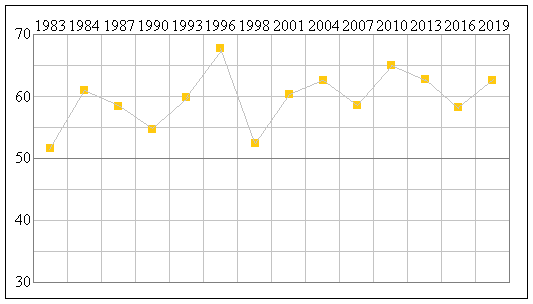
Status: Safe Nationals
Best Nationals booths, two-party vote: Tansey (83.3), Goomen (79.2), Lower Wonga (75.2), Pie Creek (74.2),
Mungar (72.9)
Best Labor booths, two-party vote: Cherbourg (73.6), Cooran (56.1), Boreen Point (55.3),
Peregian Beach (50.5), Kin Kin (49.7)
2019 results
Statistics and history
Candidates in ballot-paper order:
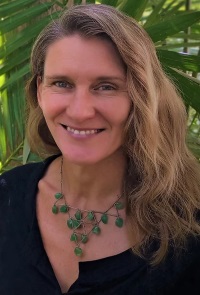 |
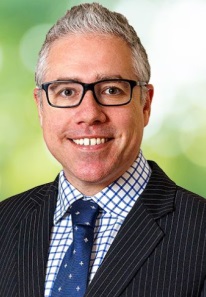 |
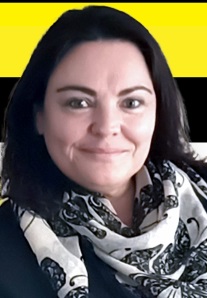 |
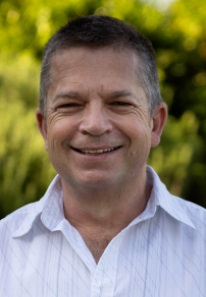 |
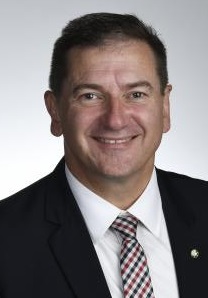 |
1. Kelli Jacobi
Independent |
2. Nathan Buckley
Pauline Hanson's One Nation |
3. Tracy Bennett
United Australia Party |
4. Craig Armstrong
Australian Greens |
5. Llew O'Brien
The Nationals |
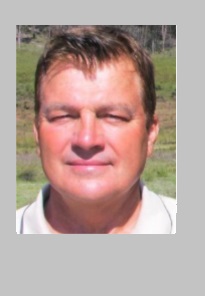 |
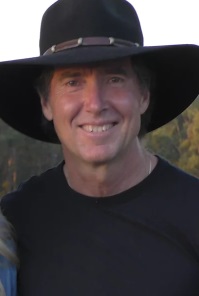 |
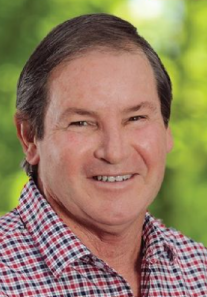 |
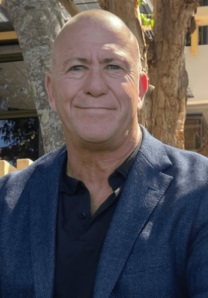 |
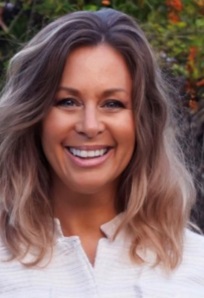 |
6. John Woodward
Australian Federation Party |
7. Tim Jerome
Independent |
8. Geoff Williams
Australian Labor Party |
9. Daniel Williams
Australian Values Party |
10. Andrea Newland
Informed Medical Options |
Candidate websites:
Craig Armstrong
Tracy Bennett
Nathan Buckley
Kelli Jacobi
Tim Jerome
Andrea Newland<
Llew O'Brien
Daniel Williams
Geoff Williams
John Woodward
Division of Wide Bay
Wide Bay has existed since Federation, and has always been based on the city of Maryborough and surrounding
rural areas. Until 1984 it also included Bundaberg, and the strong Labor vote in these two cities meant that
Labor could expect to win the seat in good years. Indeed, Wide Bay's first member was the three-time Labor Prime
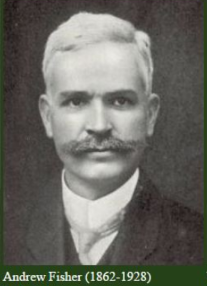 Minister
Andrew Fisher. But Labor has not won Wide Bay since 1972, and the transfer of Bundaberg to Hinkler in 1984 made
the seat much safer for the non-Labor side. In 1998, however, the impact of One Nation produced a huge swing and almost
delivered the seat to Labor.
Minister
Andrew Fisher. But Labor has not won Wide Bay since 1972, and the transfer of Bundaberg to Hinkler in 1984 made
the seat much safer for the non-Labor side. In 1998, however, the impact of One Nation produced a huge swing and almost
delivered the seat to Labor.
On its 2004 boundaries Wide Bay had the lowest median family income level of any electorate in Australia,
reflecting its large population of retired people and small farmers, plus a significant Indigenous population.
The 2006 redistribution drew the seat to the south, removing the retirement centre of Hervey Bay and adding the
booming tourist towns of Noosa and Tewantin. This boosted the seat's income levels and reduced the proportion of
over-65s, but has not altered it much politically.
Warren Truss, who won the seat in 1990, was a senior
minister in the Howard Government from 2005, and succeeded
Mark Vaile as Leader after the 2007 election. He was
Deputy Prime Minister and Minister for Infrastructure and
Regional Development in the Abbott-Turnbull Government, and retired in 2016.
Llew O'Brien, Nationals MP for Wide Bay since 2016, was a police officer before entering politics. The Labor
candidate is Geoff Williams, a boiler maker and crane driver. The Greens candidate is Craig Armstrong, a chef
and a support worker for the disabled.
Demographics:
Median weekly household income: $1,010 (Australia $1,438)
People over 65: 23.2% (Australia 15.8%)
Indigenous: 4.1% (Australia 2.8%)
Australian born: 77.8% (Australia 66.7%)
Ancestry: German 5.7%
Non-English-speaking households: 5.1% (Australia 22.2%)
Catholics 16.7% (Australia 22.6%)
No religion 31.5% (Australia 29.6%)
University graduates: 11.6% (Australia 22.0%)
Professional and managerial employment: 28.0% (Australia 35.2%)
Employed in manufacturing and construction: 26.2% (Australia 22.9%)
Employed in agriculture: 6.5% (Australia 3.3%)
Paying a mortgage: 30.3% (Australia 34.5%)
Renting: 26.5% (Australia 30.9%)
Traditional families: 24.3% (Australia 32.8%)
Back to main page
|
|
 Minister
Andrew Fisher. But Labor has not won Wide Bay since 1972, and the transfer of Bundaberg to Hinkler in 1984 made
the seat much safer for the non-Labor side. In 1998, however, the impact of One Nation produced a huge swing and almost
delivered the seat to Labor.
Minister
Andrew Fisher. But Labor has not won Wide Bay since 1972, and the transfer of Bundaberg to Hinkler in 1984 made
the seat much safer for the non-Labor side. In 1998, however, the impact of One Nation produced a huge swing and almost
delivered the seat to Labor. 
